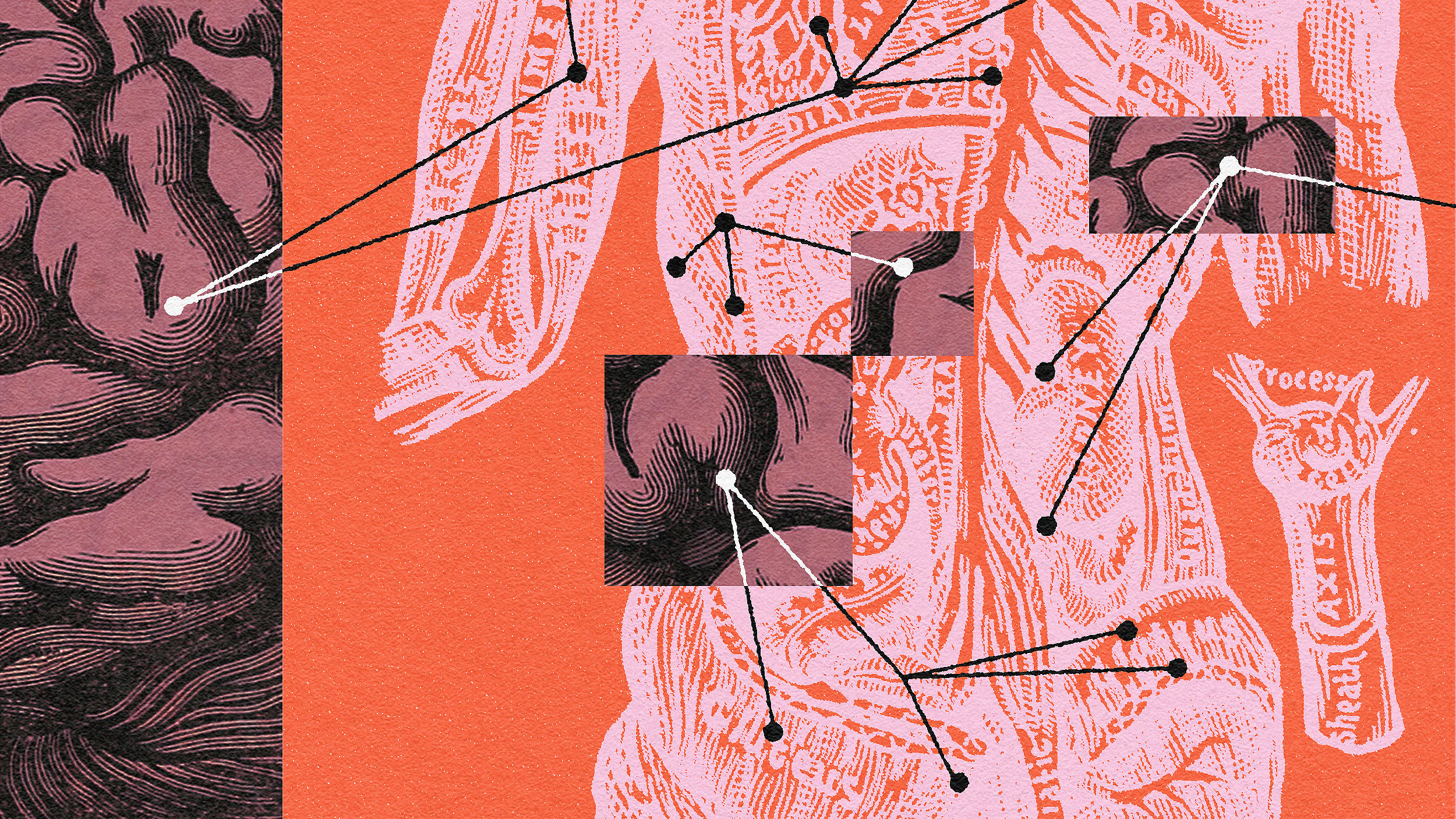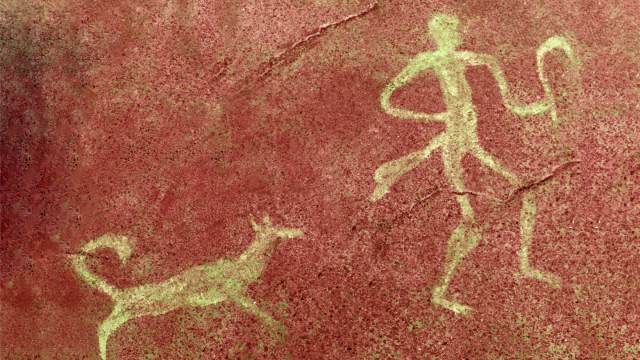Do vitamins help you fight COVID-19?

Credit: jchizhe / Adobe Stock
- A lot of hype surrounds vitamins and minerals for treating or preventing COVID-19, though little evidence exists.
- Vitamins C and D and zinc may help boost the body’s response to the coronavirus, but likely only if you’re deficient.
- Dozens of studies are currently investigating the potential use of these supplements on COVID-19 patients.
Misinformation is rampant in regards to the novel coronavirus. In certain regards, this makes sense: it’s novel. There’s much to learn about treatments, immunity, and potential vaccines. While the virus seems overwhelming now, every pandemic has the same disorienting effect on the population.
Earlier this year, a cottage industry immediately emerged around supposed cures and interventions. Osteopath Joseph Mercola, who’s built a vitamin empire while spouting numerous false claims, has touted at least 22 vitamins and supplements on his website that prevent and even cure COVID-19. Vitamin salesman David Wolfe peddles coated silver as a way to prevent coronavirus through “immunity.”
A strong immune system is important, during a pandemic and otherwise. The reality of immune-system building isn’t sexy or highly marketable, but it is effective: eat a diet of balanced macronutrients low in processed foods and sugars; sleep seven to nine hours a night; hydrate regularly; move your body regularly; try not to stress out, and if you do, counter it with yoga, meditation, or breathing exercises.
The modern wellness industry cannot scale on basic science, however. And so we must endure false promises at every turn.
While lifestyle habits often lead to poor immune functioning, plenty of people suffer from genetic immunodeficiencies. As it turns out, this cohort could benefit from vitamins and minerals, especially if they’re deficient. A recent report investigates the efficacy of three popular supplements and their effects on COVID-19. For those lacking in vitamins C and D and zinc, a little boost could help.
Diet Tips from a Psychiatrist: Reconsider Supplements and Eat Real Food | Drew Ramseywww.youtube.com
Evidence for adding more of these vitamins on top of a balanced diet (and barring any deficiencies) is thin, however. Humans have long held a fascination with the idea that more is better. In the case of essential vitamins, it’s all about balance.
A number of pro-vitamin D articles have been bouncing around social media. The argument: quarantining humans results in them not getting enough sunlight, which compromises their vitamin D levels. These opinion pieces are generally arguing against shutdowns, using this heavily-studied supplement as a wedge.
Vitamin D certainly helps your immune system. Deficiencies are linked to increased risk and severity of viral infections: “Interventional and observational epidemiological studies provide evidence that vitamin D deficiency may confer increased risk of influenza and respiratory tract infection.” One study has linked vitamin D deficiency to difficulties fending off COVID-19.
If your body produces enough vitamin D, however, you don’t need more. As Susan Lanham-New at the University of Surrey in England, says “If you have enough vitamin D in your body, the evidence doesn’t stack up to say that giving you more will make a real difference.” Since too much of this vitamin has a negative impact, you want to keep your levels around 600-800 IU per day. Spending 10 to 30 minutes outside a day, a few days a week, is enough to satisfy requirements. Fish (such as salmon, trout, and swordfish) and fortified milk products also help you reach these levels.
Thus far, studies have shown that people deficient in vitamin D could use a boost. There are currently over a dozen studies testing high-doses of vitamin D in newly infected volunteers. As no results have been published, the verdict is still out.

Photo: Right 3 / Adobe Stock
Zinc has also been making the rounds, especially in conjunction with other treatments. If you regularly consume oysters, red meat, poultry, or beans, your body is likely sated. Taking zinc while you have a cold seems to help out (provided you take it at the onset of the illness). Zinc lozenges don’t fare as well.
Zinc was on everyone’s mind as an additive to hydroxychloroquine. While the latter treatment didn’t live up to the hype, zinc supplementation bestows immune benefits based on SARS research (which is also a coronavirus). At the moment, it appears that zinc reduces the duration of COVID-19, though not the severity of symptoms. Loading up isn’t the best idea, as too much zinc could cause nausea, vomiting, stomach problems, and if taken for an extended duration, lower immunity. But if you start to feel sick, zinc might not be a bad idea.
Linus Pauling famously—some would say infamously—touted the benefits of vitamin C. The two-time Nobel Prize winner went a bit overboard with his passion for this vitamin. That said, due to his work, vitamin C is now extensively studied (and sometimes overused).
The popular antioxidant provides an immune boost and reduced inflammation, both important when you’re battling a virus. While you can take supplements, plenty of fruits and vegetables contain what you need.
Experts warn that studies on vitamin C produce contradictory results. As an inexpensive intervention, upping your levels when you have a cold can’t really hurt. A dozen or so studies are currently looking at the possibility of using vitamin C to treat COVID patients. As with the previous supplements, too much vitamin C produces unwanted side effects. In the coming months, researchers will have a clearer idea of its potential role in COVID-19 treatment.
—
Stay in touch with Derek on Twitter and Facebook. His new book is “Hero’s Dose: The Case For Psychedelics in Ritual and Therapy.”





